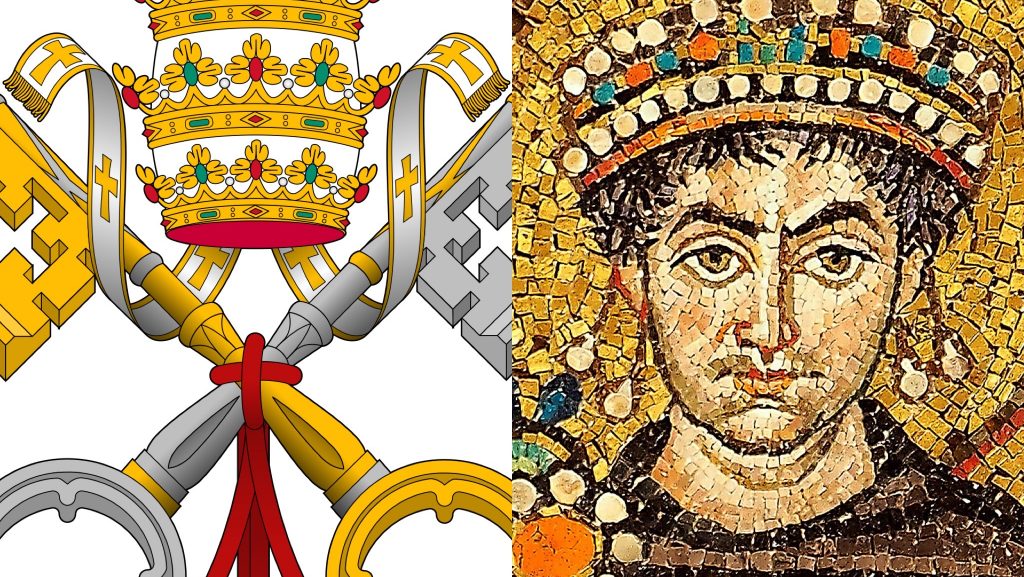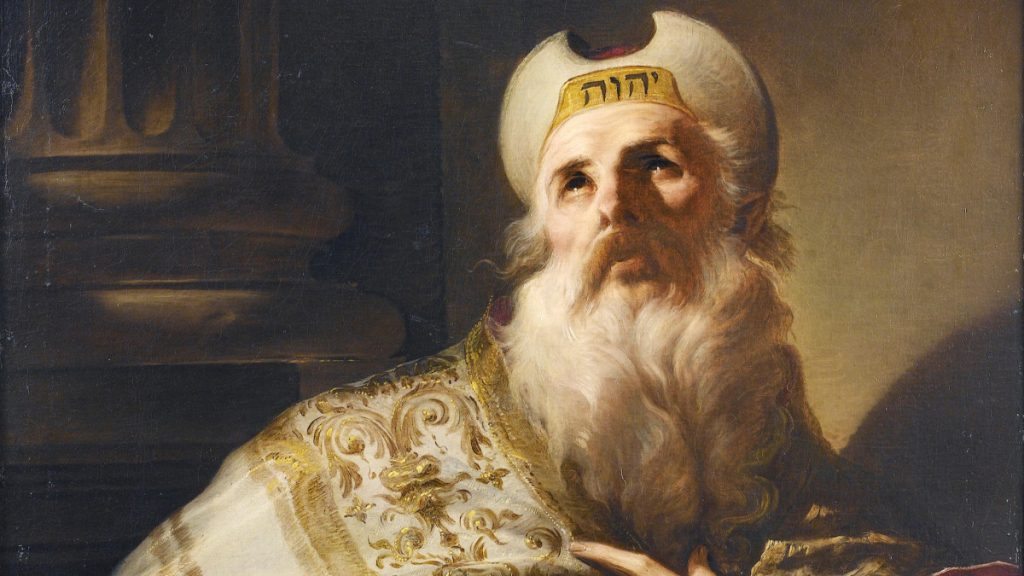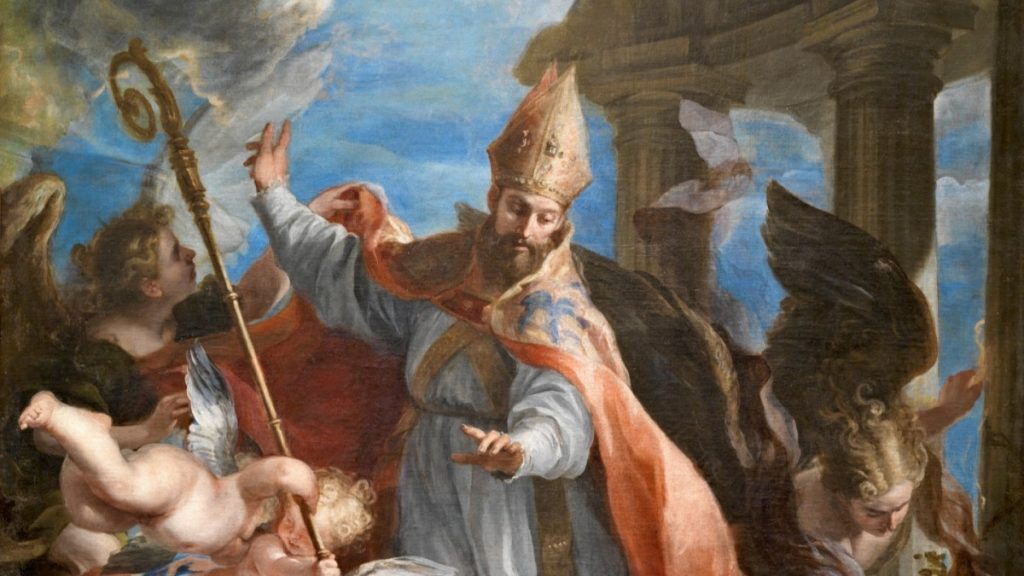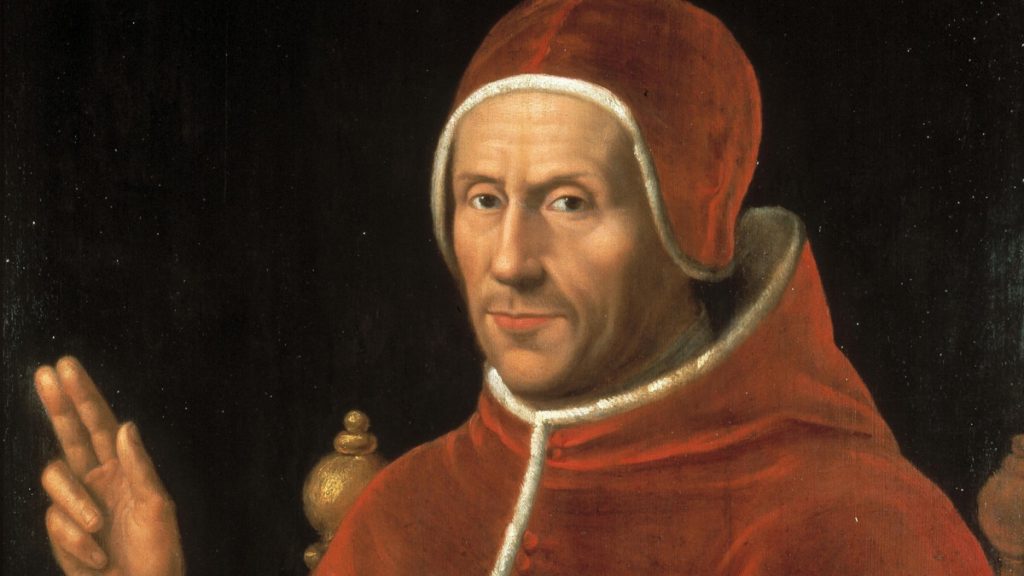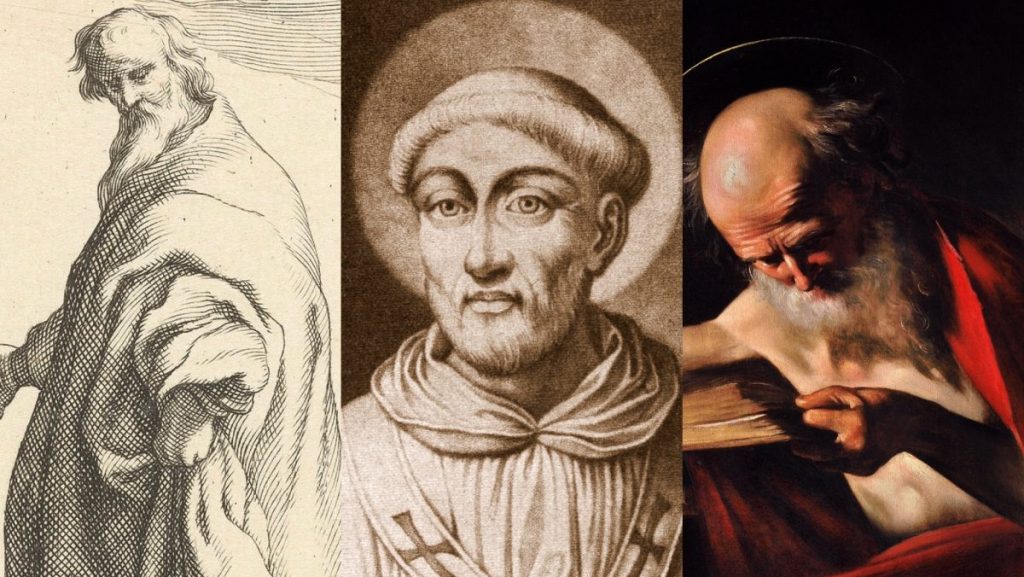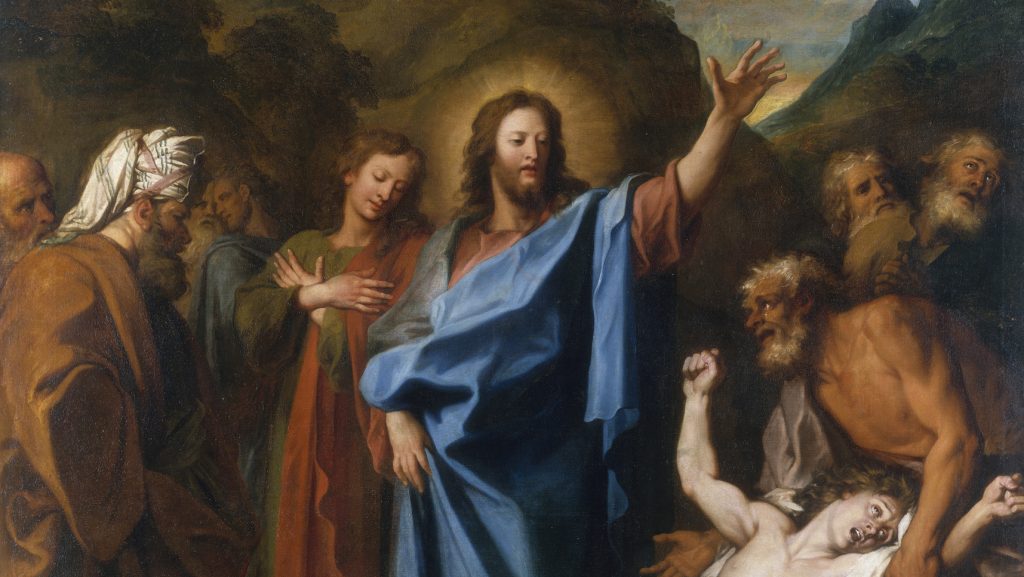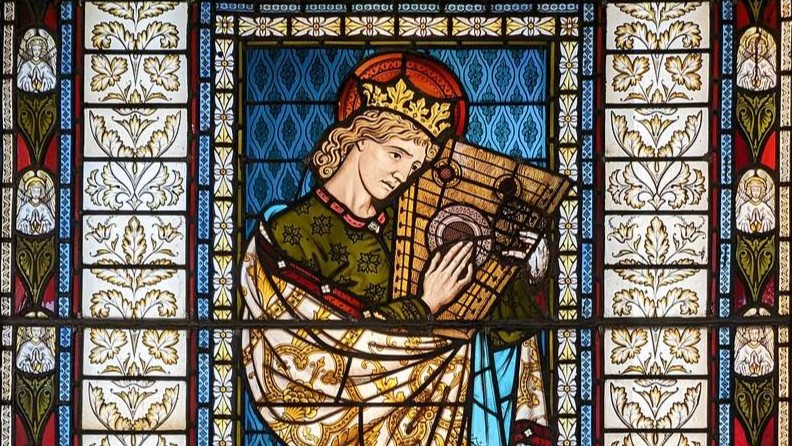(Updated July 15, 2025)
This Author Quote Archive collects pertinent quotes from the Church Father, St. John Cassian.
Next to each quote are the Topic Quote Archives in which they are included.
This Quote Archive is being continuously updated as research continues. Quotes marked with “***” have not yet been organized into their respective Topic Quote Archives.
Treatises
St. John Cassian, Institutes (420-429)
And so throughout the whole of Egypt and the Thebaid, where monasteries are not founded at the fancy of every man who renounces the world, but through a succession of fathers and their traditions last even to the present day, or are founded so to last, in these we have noticed that a prescribed system of prayers is observed in their evening assemblies and nocturnal vigils.
St. John Cassian, The Conferences (420-429)
When I was in the desert of Scete, where are the most excellent monastic fathers and where all perfection flourishes, in company with the holy father Germanus (who had since the earliest days and commencement of our spiritual service been my closest companion both in the Coenobium and in the desert…
In the country of Egypt this custom is by ancient tradition observed that—when Epiphany is past, which the priests of that province regard as the time, both of our Lord’s baptism and also of His birth in the flesh, and so celebrate the commemoration of either mystery not separately as in the Western provinces but on the single festival of this day—letters are sent from the Bishop of Alexandria through all the Churches of Egypt, by which the beginning of Lent, and the day of Easter are pointed out not only in all the cities but also in all the monasteries.
St. John Cassian, On the Incarnation: Against Nestorius (c. 429)
(Book 2, Ch. 2, 5)
(Ch. 2) And so you say, O heretic, whoever you may be, who deny that God was born of the Virgin, that Mary the Mother of our Lord Jesus Christ ought not to be called Theotokos, i.e., Mother of God, but Christotokos, i.e., only the Mother of Christ, not of God. For no one, you say, brings forth what is anterior in time. And of this utterly foolish argument whereby you think that the birth of God can be understood by carnal minds, and fancy that the mystery of His Majesty can be accounted for by human reasoning, we will, if God permits, say something later on. In the meanwhile we will now prove by Divine testimonies that Christ is God, and that Mary is the Mother of God…He said that God would come upon her; that the Son of God would be born. Ask now, if you like, how the Son of God can help being God, or how she who brought forth God can fail to be Theotokos, i.e., the Mother of God? This alone ought to be enough for you; aye this ought to be amply sufficient for you…
(Ch. 5) …Therefore the Lord Jesus Christ is God. But if He be, as He certainly is, God: then she who bore God is Theotokos, i.e., the mother of God. Unless perhaps you want to take refuge in so utterly absurd and blasphemous a contradiction as to deny that she from whom God was born is the mother of God, while you cannot deny that He who was born is God…
